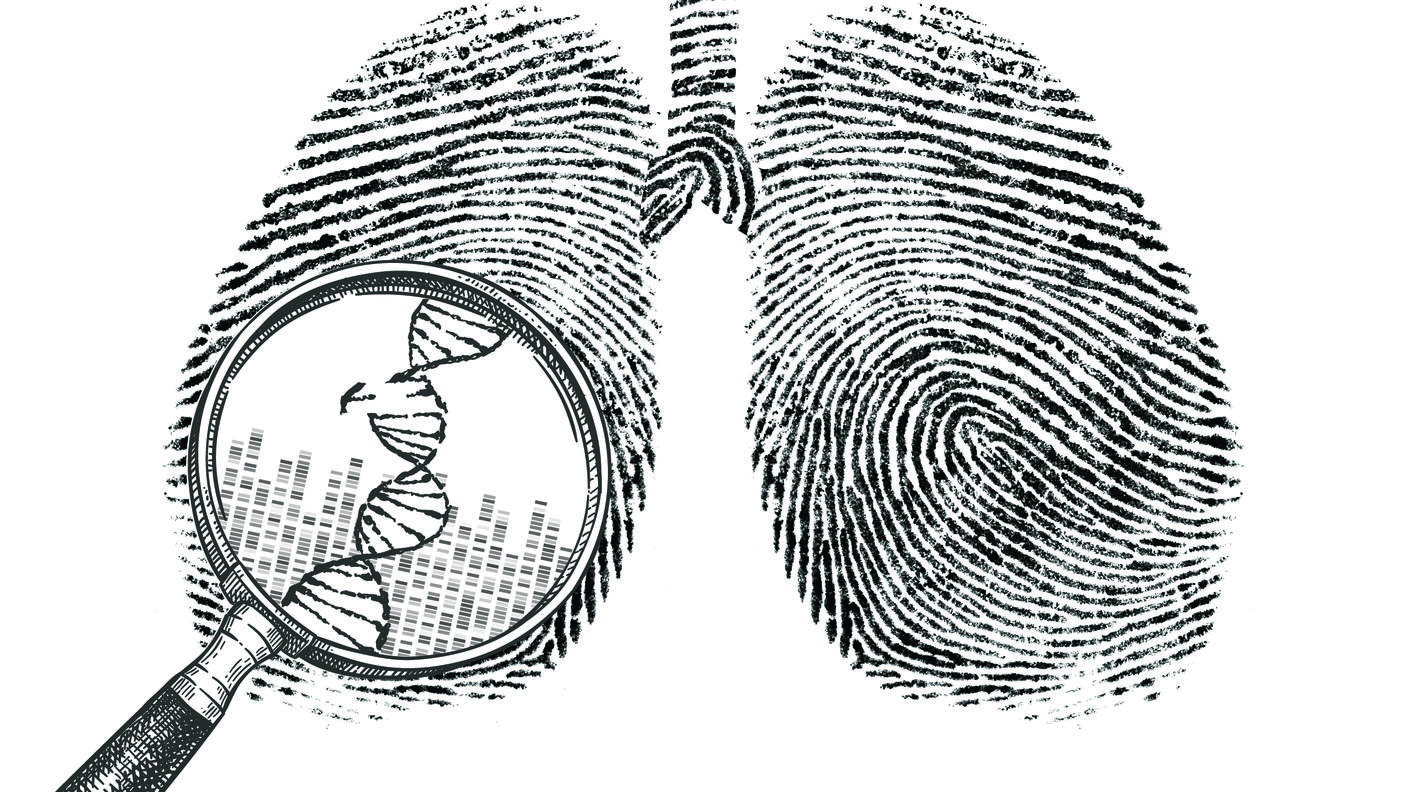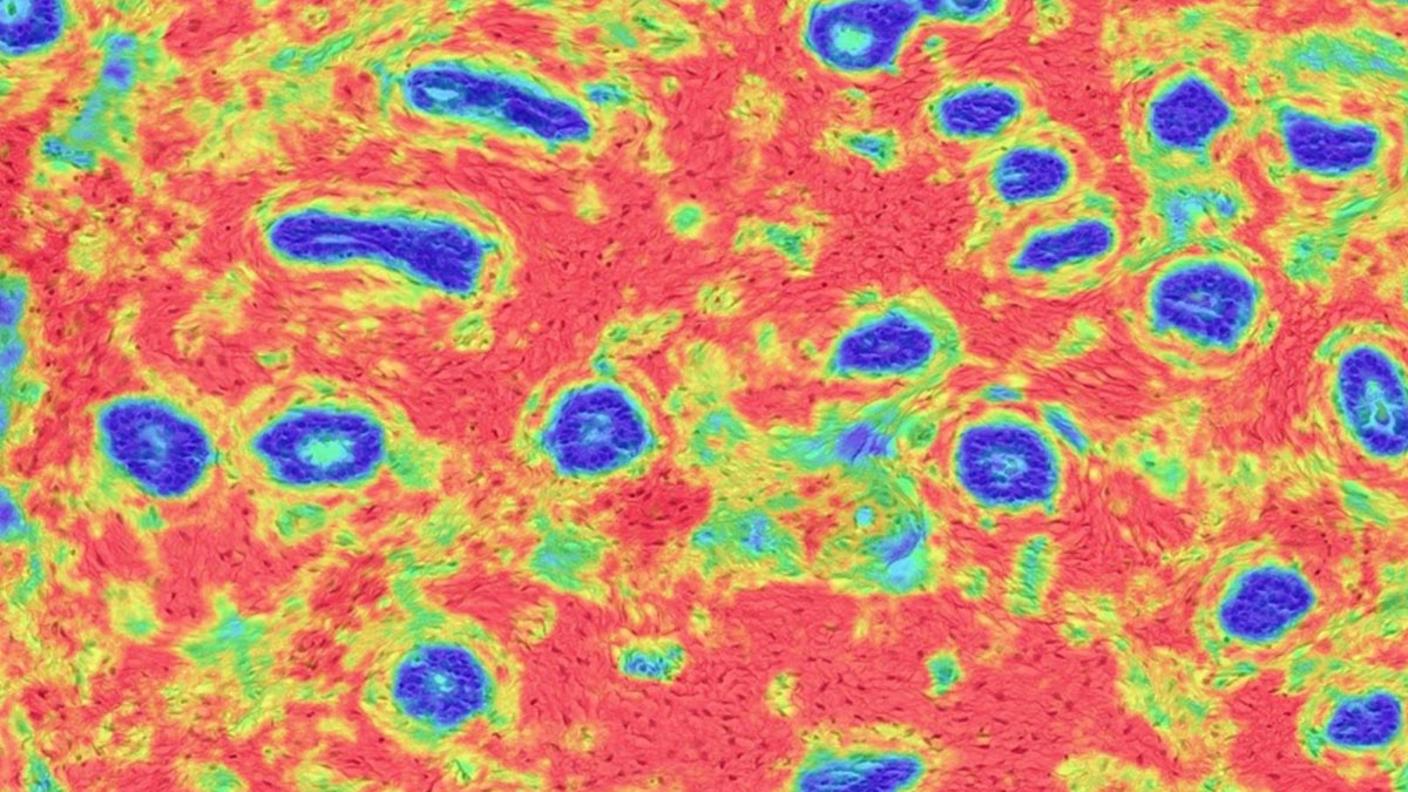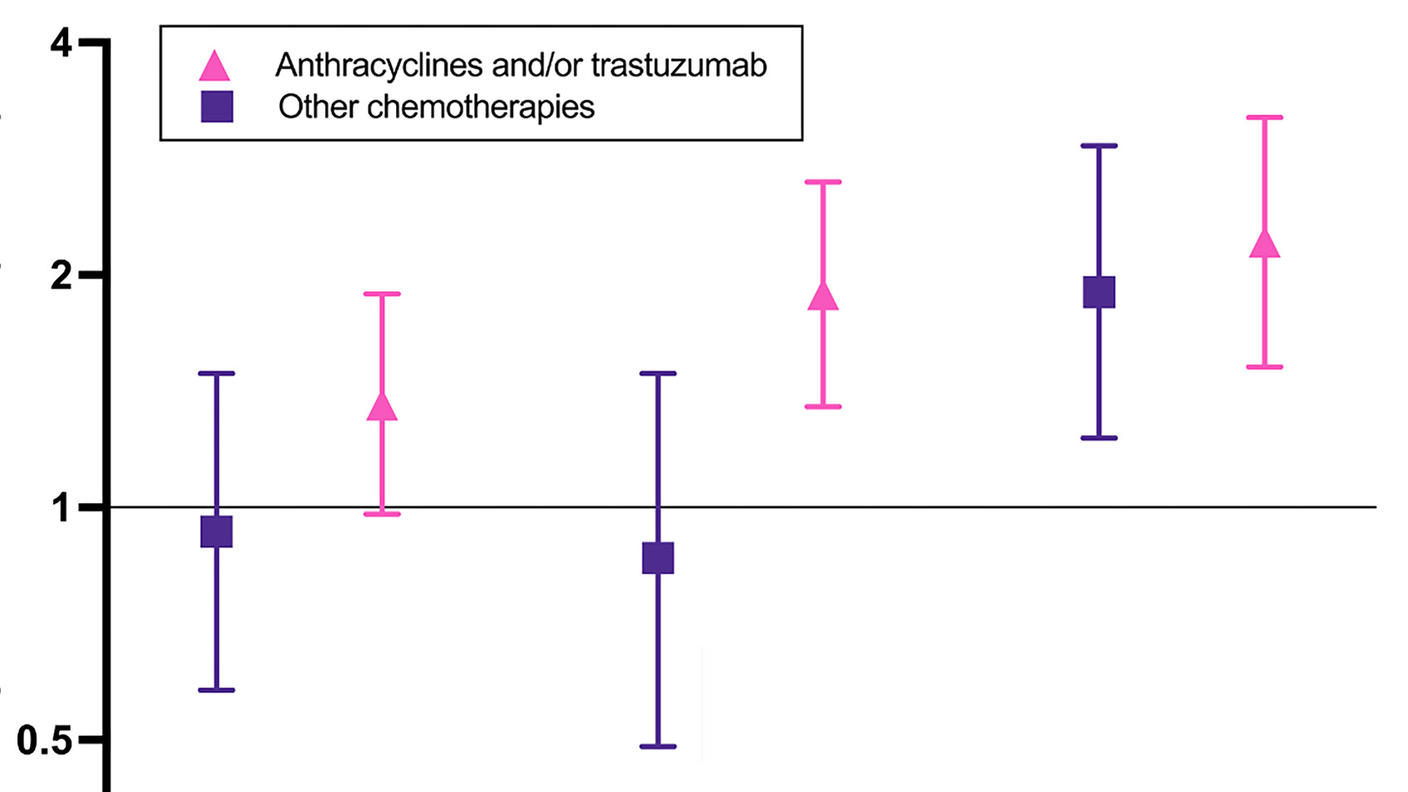Integrative Tumor Epidemiology Branch

Investigators in the Integrative Tumor Epidemiology Branch (ITEB) employ molecular pathology, somatic and germline genomics, and epidemiology to identify environmental and germline risk factors for cancer.
Research Mission
The mission of ITEB is to conduct large-scale, epidemiological research on cancer etiology and progression through integrative analyses of risk factors and tissue profiling to inform prevention and clinical strategies. Learn more about research in ITEB.
Fellowships
ITEB provides a dynamic and collaborative environment for fellows at the pre- and postdoctoral levels.
ITEB Highlights
Zhang T, et al. Uncovering the role of LINE-1 in the evolution of lung adenocarcinoma.Nature. 2025.
Díaz-Gay, M and Zhang T et al. The mutagenic forces shaping the genomic landscape of lung cancer in never smokers.Nature. 2025.
Abubakar M et al. Unraveling the role of stromal disruption in aggressive breast cancer etiology and outcomes. JNCI. 2025.
Liu A, et al. Population analyses of mosaic X chromosome loss identify genetic drivers and widespread signatures of cellular selection. Nature. 2024.
Vo JB et al. Long-term cardiovascular disease risk after anthracycline and trastuzumab treatments in U.S. breast cancer survivors. J Natl Cancer Inst. 2024.
Mullooly M, et al. Temporal changes in mammographic breast density and breast cancer risk among women with benign breast disease. Breast Cancer Res. 2024.
Purdue MP, et al. Multi-ancestry genome-wide association study of kidney cancer identifies 63 susceptibility regions. Nat Genet. 2024.
Machiela M, et al. GWAS Explorer: An open-source tool to explore, visualize, and access GWAS summary statistics in the PLCO Atlas. Scientific Data. 2023.
Lee OW, et al. Targeted long-read sequencing of the Ewing sarcoma 6p25.1 susceptibility locus identifies germline-somatic interactions with EWSR1-FLI1 binding. Am J Hum Genet. 2023.
Zhang T, et al. Genomic and evolutionary classification of lung cancer in never smokers. Nat Genetics. 2021.
News from ITEB
-
 Mobile DNA Elements Drive Aggressive Lung Cancer
Mobile DNA Elements Drive Aggressive Lung CancerNIH Press Release summarizes Sherlock-Lung study using large-scale, multi-omics analysis to identify biomarker of aggressive lung tumors.
-
 Stromal Disruption Predicts Aggressive Breast Cancer Risk, Survival
Stromal Disruption Predicts Aggressive Breast Cancer Risk, SurvivalUsing artificial intelligence, scientists characterized tissue samples from more than 9,000 women
-
 Some Breast Cancer Treatments Linked to Long-term Cardiovascular Disease Risk
Some Breast Cancer Treatments Linked to Long-term Cardiovascular Disease RiskThis study may inform long-term and age-specific cardiovascular disease follow-up for breast cancer survivors.